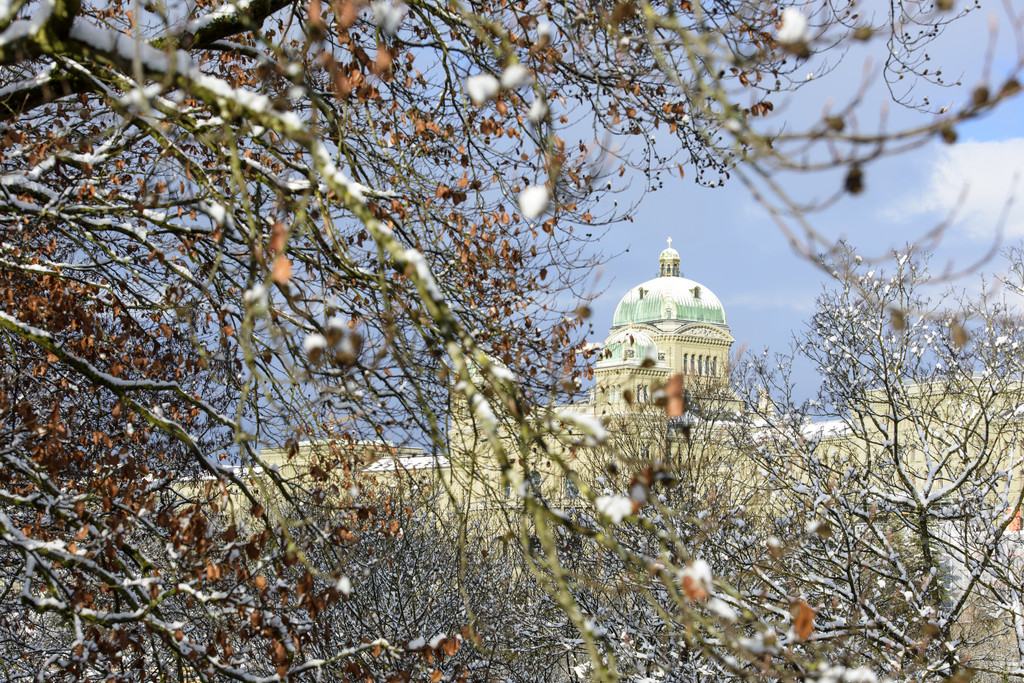![[Translate to English:]](/fileadmin/_processed_/0/d/csm_EDA-Hinweis_Mailbox-Karlsruhe-DE_Prometheus_Unsplash_39f6ff0ecc.jpg)
Please note
![[Translate to English:]](/fileadmin/_processed_/0/d/csm_online_Revue_2502_EDA-Abstimmung_c92f583a2c.jpg)
Votes and Elections

Marianne Jenni | “The Swiss Abroad are important for Switzerland’s image”

Change of address Swiss Review

Votes and Elections

The Federal Audit Office – driving efficiency and transparency since 1877

Please note


The Swiss Confederation supports the 18 officially recognised Swiss schools abroad. All these places of learning not only provide Swiss education around the world, but also contribute to Switzerland’s cultural footprint abroad, thereby promoting understanding of our country and its traditions and values.
All the schools were established through private initiatives by Swiss expatriates. The oldest was founded in Italy as early as the 19th century. Schools were also established in Egypt – in Alexandria and Cairo – between 1921 and 1929, but these had to be closed by around 1970. The first schools popped up in Latin America during the Second World War, and later in Asia, while the most recent school to open was in Beijing in 2017. There are now 18 Swiss schools abroad in total, at which around 260 Swiss teaching staff currently give lessons to over 8,000 pupils, of whom some 1,500 are Swiss nationals.
At present, the federal government subsidises these Swiss schools in ten different countries to the tune of around 18 million Swiss francs each year, thereby covering an average of 25 to 30 per cent of their total operating expenses. The Confederation provides this financial support in accordance with the Swiss Schools Act, which was completely revised in 2014. Based on Article 14 of the Swiss Schools Act, the federal government also provides just under 430,000 francs in annual funding for Swiss education abroad at 11 locations where there are no Swiss schools.
Furthermore, the Federal Department of Foreign Affairs (FDFA) and the Federal Department of Home Affairs (FDHA) have a service agreement in place to support educationsuisse, the umbrella association of Swiss schools. Educationsuisse represents these schools’ interests in Switzerland, providing them with a variety of services in areas such as administration and further education.

The Swiss schools abroad operate in accordance with Swiss teaching methods and the Swiss curriculum, offering the Swiss high-school diploma and International Baccalaureat (IB) qualifications that open the way to further education in Switzerland or the relevant host country. In addition, each school has a “home canton” that provides educational advice and supervision.
Multilingualism (German, English, French, and the local language) is considered an important asset. The schools in Bogotá and Singapore also offer French in addition to German teaching. A dedicated French stream was introduced at the Swiss School in Singapore (SSiS) at the beginning of the 2019–20 school year. The school’s successful mixed-age-group learning approach also applies to this new stream, which now covers the entire primary school curriculum. Teaching in the German stream follows the “Lehrplan 21” curriculum that applies in Switzerland’s German-speaking cantons, while the French stream is based on the “PER” (Plan d’études romand) syllabus in the French-speaking cantons, albeit adapted to local conditions.
The Swiss schools are highly renowned in their respective host countries. Their graduates, of whom many are local, maintain a lifelong association with Switzerland.
Swiss schools are located in the following countries and cities:
Colegio Suiço-Brasileiro, Curitiba
Escola Suiço-Brasileira, São Paulo
Colegio Suizo de Santiago, Santiago de Chile
Swiss School Beijing
Scuola Svizzera Bergamo
Scuola Svizzera Catania
Scuola Svizzera di Milano
Scuola Svizzera di Milano in Cadorago/Como
Scuola Svizzera di Roma
Colegio Helvetia, Bogotá
Colegio Suizo de México, Mexico City
Colegio Suizo de México A.C., Cuernavaca
Colegio Suizo de México A.C., Querétaro
Colegio Pestalozzi, Lima
Swiss School in Singapore
Colegio Suizo de Madrid
Escuela Suiza de Barcelona
RIS Swiss Section in Bangkok
Comments